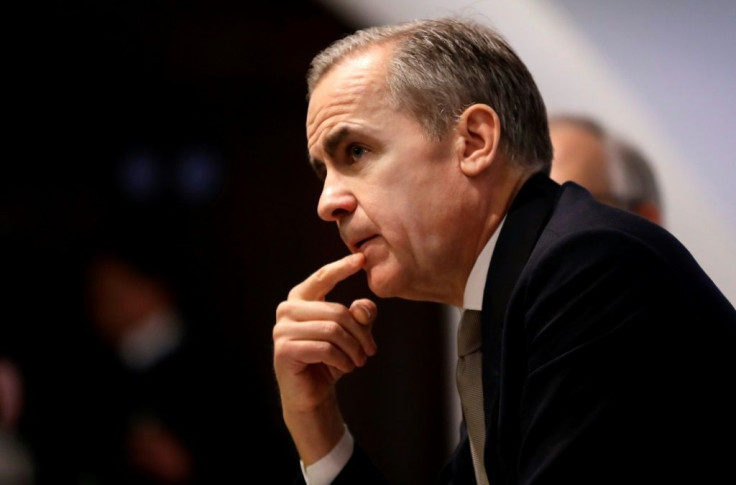BoE Chief Calls For Faster Action On Climate Change

Bank of England head Mark Carney, soon to become UN special envoy on climate action and finance, urged companies on Monday to move faster on helping to cut carbon emissions.
In an interview with BBC radio's Today programme guest-edited by Swedish teenage climate activist Greta Thunberg, Carney said the world of business needed to step up action, including on the disclosure of climate risk from their operations.
"A question for every company, every financial institution is: what's your plan? We now have $120 trillion of balance sheets of banks and asset managers wanting this type of disclosure."
But he stated that such action is "not moving fast enough".
Asked whether pension funds should divest from fossil fuels even if the returns are currently attractive, Carney said:
"Well, that hasn't been the case, but they could make that argument. They need to make the argument, to be clear about why is that going to be the case if a substantial proportion of those assets are going to be worthless."
Carney noted that "up to 80 percent of coal assets will be stranded (and) up to half of developed oil reserves" if current climate targets are to be met.
Shell's gas and new energies director Maarten Wetselaar, acknowledged the need for "urgent action" on climate change by companies.
But he said regulators and customers needed to play their part, too.
"We see this very much as a transition where we need to replace the consumption of fossil fuels with a consumption of low-carbon products and as that consumption goes down then obviously the production of it will go down as well," Wetselaar told BBC radio.
One of Carney's last tasks as Bank of England governor before he steps down early next year has been to put in place systems that would eventually lead to British banks being stress-tested for risks posed by climate change.
The 2015 Paris agreement saw nations commit to limiting global warming to two degrees Celsius (2.7 Fahrenheit) above pre-industrial levels as a way of curbing the worst impacts of global warming.
A safer cap of 1.5C was included as a goal for nations to work towards.
© Copyright AFP 2024. All rights reserved.





















